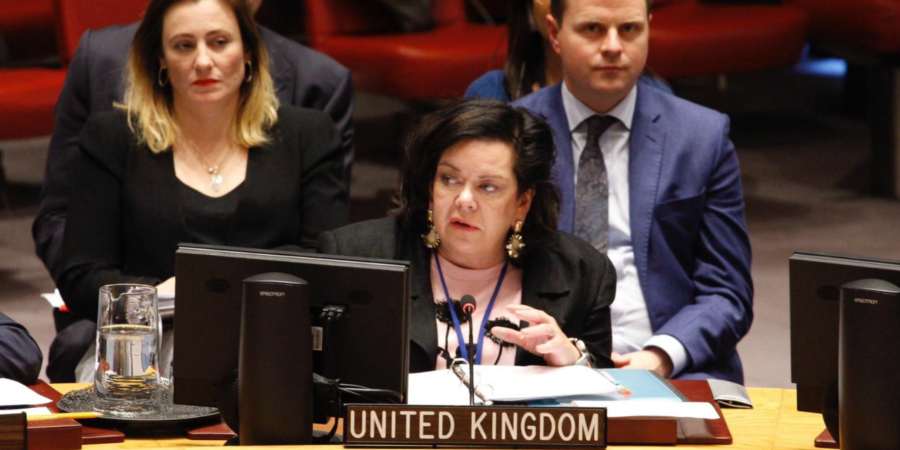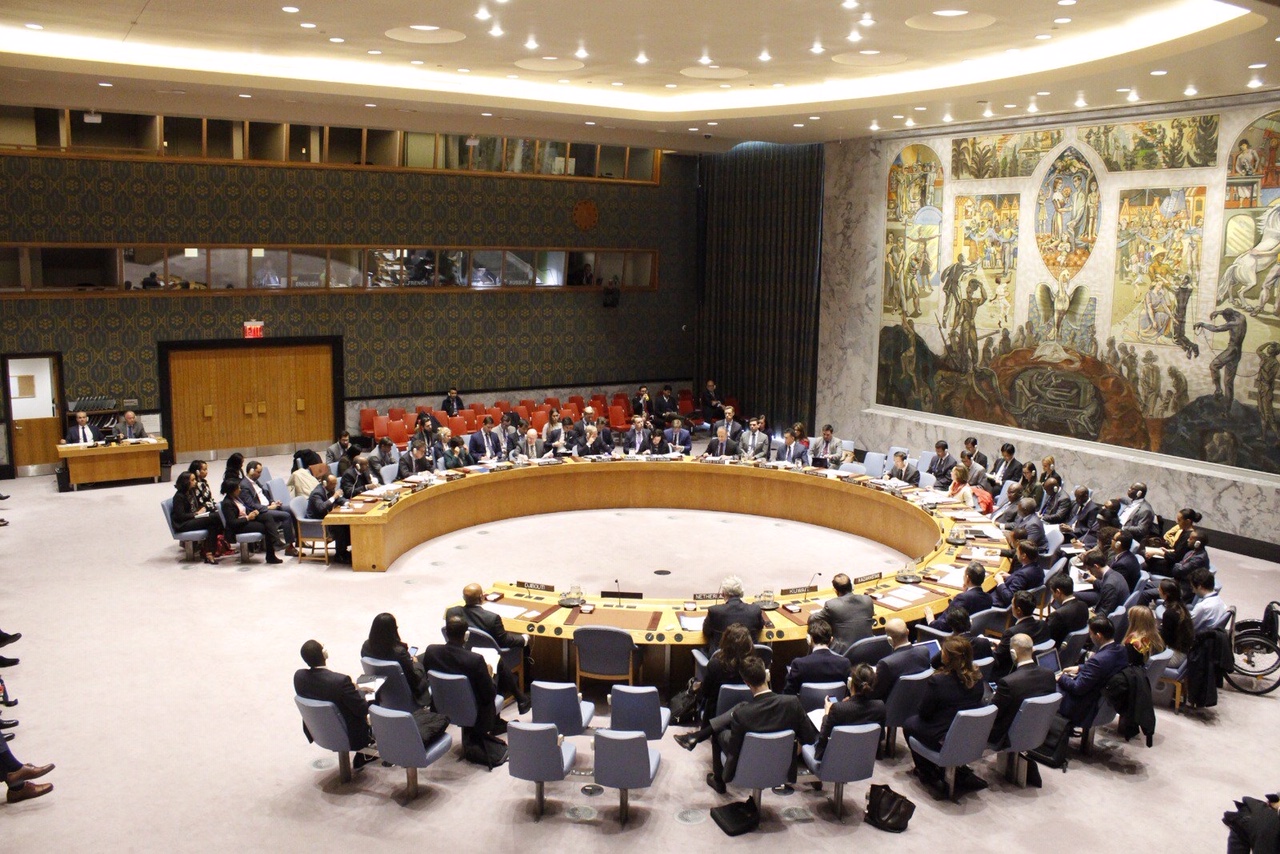22nd November 2018 New York, USA
Holding Russia to account at the United Nations: Russia’s role in blocking progress in Syria and flouting the rules of international law

The Syrian conflict has dragged on for seven long awful years. Over 400,000 people have been killed and half Syria’s population displaced. A terrible price has been paid by the Syrian people for the failure to make the Geneva Agreement of 2012 stick. This agreement identified steps for an immediate cessation of hostilities and a political transition.
I was in Geneva as Permanent Representative to the UN’s second home at the time (though not negotiating). It remains a well thought through plan. But, largely though not exclusively because of Russian intransigence, it has never been capable of putting into practice, despite the fact that it provides the framework for the inchoate and stuttering moves on the political process to end the war.
/
Investigating the use of chemical weapons in Syria
I came to New York in March as Ambassador and Permanent Representative to the UN, shortly after Russia vetoed the Joint Investigative Mechanism (JIM), the internationally mandated process of investigating use of chemical weapons against the Syrian people. This follows some 6 uses of chemical weapons which the JIM attributed to the Syrian authorities and Da’esh, weapons whose use is prohibited under international law.
/

The use of chemical weapons is therefore a direct threat to the rules based international system which keeps us all safe. The UK is committed to ensuring that the use of these weapons does not become acceptable. That is why we supported the June decision of member states to the Chemical Weapons Convention which established arrangements for the Organisation for the Prohibition of Chemical Weapons (OPCW) to attribute responsibility for chemical weapons use in Syria. This sent a clear signal to those who continue to use chemical weapons that they will not be able to do so unchallenged. And its focus on expert, technical, fact-based attribution means these OPCW arrangements support, without undermining, the UN Security Council’s primary role in upholding international peace and security.
/
//
/
Restarting the political process in Syria
Since world leaders gathered for the United National General Assembly in September there have been fresh attempts to restart the political process. Space for this has been created by the Turkish initiative to forestall an attack on Idlib by the Syrian regime through Turkish-Russian agreement to patrol the area. For now this has held off an all-out Regime assault that would pose catastrophe for the three million civilians seeking shelter in Idlib.
It is vital that the Idlib ceasefire holds. Even if it does, success in the political process is not guaranteed. The coming weeks will show if the Syrian regime and their Russian backers are serious about letting the UN facilitate a genuine political process to reach a lasting settlement which protects the rights of all Syrians. The UN cannot oversee a sham. As one of the 5 permanent members, Russia has an almost unique-in-the-world responsibility to enable the UN to do the work it was created for.
/
/
Holding Russia to account at the UN
Despite the many differences we have with Russia, I get on well with Permanent Representative Nebenzia on a personal level. This is important and helps to reach consensus on some other issues such as North Korea. There is no point in bearing grudges, as the next day there could be a debate on another crisis where the UK might want to have unity on the Council so that we can help make something positive happen.
/

However, Russian behaviour is a direct challenge to the rules-based international system, (amply exhibited in the foiled closed access cyber-attack on the OPCW in April this year), which has kept all of us safe, including Russia, when we set up the UN together after the Second World War.
The UK government will respond robustly when our security is threatened, when the lives of British citizens are endangered, and when the norms and rules of international law and the international system are flouted in such a brazen and reckless manner. The world is poorer for Russian failure to uphold that order that has kept us all safe since 1945.
Find out more: